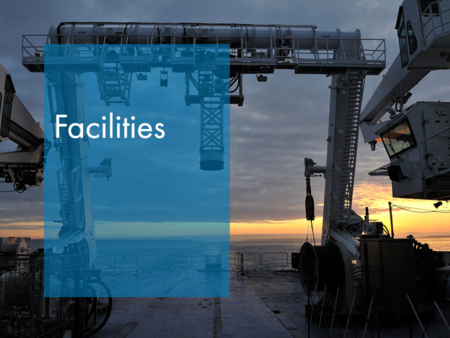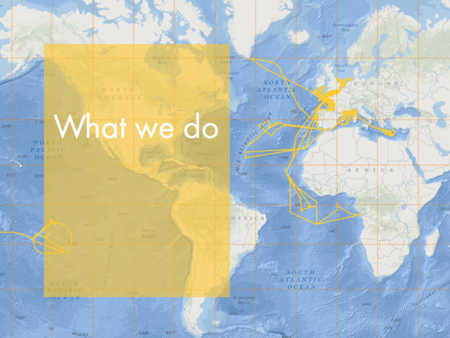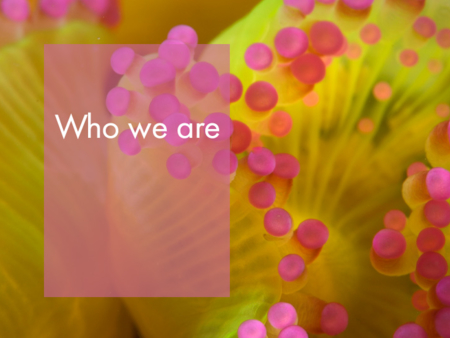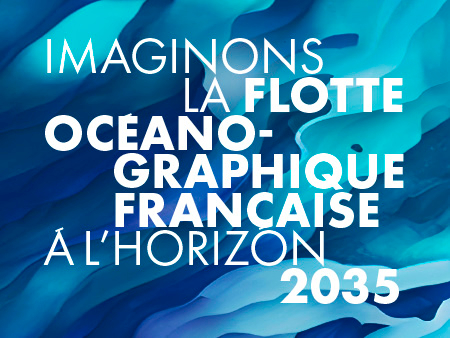2.2. A new boom for teaching and training
The recent inventory of on-board training actions within the Marine University Network strengthens the intention to preserve and extend training on research and marine observation, staying on-board for different durations, and encouraging access to the FOF from a larger number of marine students.
Three types of training at sea should be maintained and strengthened: 1. Dedicated training campaigns (time at sea exclusively reserved for training - even if the data could also be used for other goals) - 2. Teaching-observation joint campaigns (or Public Service if recurring); 3. Teaching-research joint training campaigns (such as Floating Universities).
Pooling training on a site or a series of campaigns dedicated to training will be an interesting line to explore. The possibility of offering on-board modules during recurring campaigns (annual or every 2/3 years) on ocean-going vessels (or intermediate size in-shore vessels) and pooling teaching and observation (or public service) missions could also allow better training for students particularly for advanced master’s or PhD studies, as a complement to European or international calls from on-board summer schools or floating universities.
The connection between observation-teaching would have to be reinforced. Consequently, the three-fold “pooling-development-optimisation” would give the most equal and complete access to the largest number of students in oceanography teaching given in France, whilst ensuring good quality on-board teaching.
Off-model training (such as summer schools) and training to make the most of transits of FOF vessels should also become more frequent if their visibility and accessibility is strengthened a little (via RUM).
Finally, the modules allowing real time daily monitoring of scientific, observation, public services missions and best use of trips, in direct connection with what has been proposed for the communication/popularisation of these campaigns among Schools/Middle Schools/High Schools/Universities, general public via maritime popularisation, could be strengthened with the use of data continuously acquired within physical-chemical and biogeochemical parameter recording modules. In addition, an innovative pedagogic combination associating the experience at sea with the valorisation/remote digital training would be a line to explore and to reinforce.




